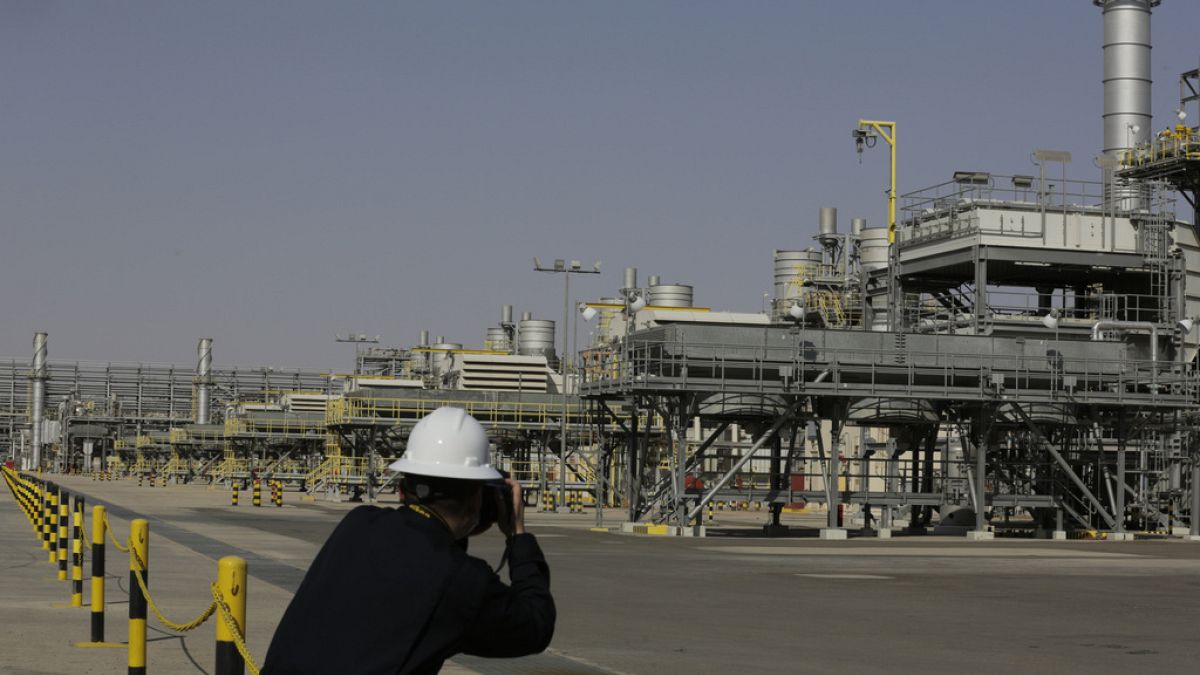

In an evolving economic landscape, recent developments across the oil industry, employment sector, and banking systems highlight significant shifts that continue to shape our world. Amidst these changes, stakeholders remain attentive and adaptive, ensuring that progress is met with calm and clarity.
Oil Production Increase Agreed by OPEC+
In a concerted effort to respond to the fluctuating demands of global markets, OPEC+ has reached a notable agreement to increase oil production. Beginning in September, the group announced plans to boost output by 547,000 barrels per day. This decision, reached by eight OPEC+ countries during a Sunday meeting, reflects the organization’s commitment to stabilizing global oil supply and prices. The increase aims to address potential shortages and balance the markets as economies continue to recover from recent dynamics.
The move by OPEC+ to slightly elevate production underscores a strategic approach to managing market demands while supporting global energy needs. Although modest, this ramp-up is a positive step, signaling collaboration among oil-producing nations and a focus on fostering a stable economic environment for both producers and consumers.
Challenges in the U.S. Employment Sector
On a different note, the employment landscape in the United States has seen a recent challenge with the release of a less optimistic jobs report. Last month witnessed an addition of 73,000 jobs, coupled with a revision pointing to 258,000 fewer jobs created in previous months than initially estimated. In response to these findings, President Donald Trump has decided to replace the current chief of jobs data. This change in administration aims to realign efforts to bolster the employment sector and address any underlying concerns.
While job numbers did not meet expectations, the moves being made highlight an intention to renew focus on enhancing employment opportunities and addressing any discrepancies in data collection. Such recalibrations are key to ensuring a resilient and adaptable economic structure that supports the labor market’s long-term health.
UK Savers Shift to Online Banks
The banking industry in the UK is also undergoing transformation as consumers increasingly turn towards digital solutions. High street banks have seen a substantial shift, losing around £100 billion in deposits as savers gravitate towards online rivals and building societies. This trend is attributed to the compelling appeal of higher savings rates offered by challenger banks, specialist lenders, and building societies, drawing customers away from traditional banking groups.
KPMG reports that from 2019 to 2024, the market share of traditional banks for deposits declined from 84% to 80%, indicating a gradual but notable change in consumer behaviour. While some may perceive this as a challenge to conventional banks, it also presents an opportunity for these institutions to innovate and adapt in an increasingly digital-first financial landscape.
Overall, these developments paint a picture of an economic sphere in flux but also rich with opportunities for growth and adaptation. Across the oil, employment, and banking sectors, stakeholders are creatively responding to change with an emphasis on stability and progress. This mindful approach ensures that as we navigate these shifts, the global economy remains resilient and poised for the future.
Source: {link}
